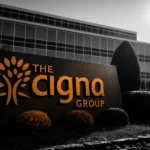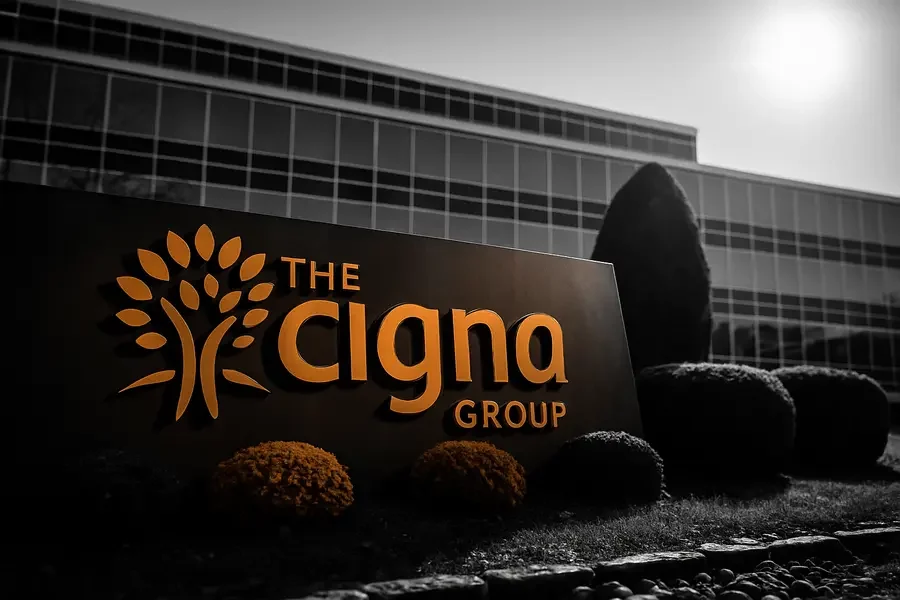NEW YORK, October 27, 2025 – Cigna Group (CI) will eliminate prescription drug rebates in many commercial health plans by 2027, disrupting an opaque industry practice that affects drug pricing.
The move could reduce pharmacy benefit costs for employers and patients while potentially pressuring Cigna’s pharmacy benefit management margins in the near term.
- Cigna eliminates drug rebates in commercial plans by 2027
- Pharmacy benefits business expansion planned for 2028
- Industry shift toward transparent drug pricing models
Market Context and Industry Impact
The announcement positions Cigna as a leader in dismantling the controversial rebate system that has drawn regulatory scrutiny for years 1. Drug rebates, paid by pharmaceutical companies to pharmacy benefit managers, often do not translate to lower costs for patients at the pharmacy counter.
Cigna’s decision follows similar moves by other major health insurers seeking to address criticism over opaque pricing practices in the 600 billion prescription drug market. The company will offer upfront discounts instead of backdoor rebates to provide clearer pricing transparency.
Implementation Timeline and Scope
The health insurer will phase out rebates across many of its commercial health plans starting in 2027 2. The company plans to expand this rebate-free model to clients of its pharmacy benefits business beginning in 2028, according to Bloomberg News.
This transition affects Cigna’s Express Scripts pharmacy benefit management unit, which serves millions of Americans through employer-sponsored health plans. The timing suggests a measured approach to avoid disrupting existing contracts while preparing clients for the pricing model change.
Industry Transformation
The rebate elimination represents a significant shift in how prescription drugs are priced and paid for in the commercial insurance market. Traditional rebate arrangements have created a complex web of payments between drug manufacturers, pharmacy benefit managers, and insurers that critics argue inflate list prices.
By moving to upfront discounts, Cigna aims to provide more predictable drug costs for employers and their employees. This approach could pressure competitors to adopt similar transparency measures or risk losing clients to clearer pricing models.
Financial and Strategic Implications
The transition may initially impact Cigna’s pharmacy benefit management revenue, as rebates have historically contributed to profit margins in this business segment. However, the company likely expects to offset this through improved client retention and potential premium increases for enhanced transparency.
Industry analysts view the move as strategically positioned ahead of potential regulatory changes targeting pharmacy benefit manager practices. The Biden administration and Congress have increased scrutiny of rebate arrangements, making proactive changes potentially advantageous for major players like Cigna.
Not investment advice. For informational purposes only.
References
1“Cigna Will End Drug Rebates in Many Private Health Plans in 2027”. Bloomberg News. Retrieved October 27, 2025.
2“Cigna to end drug rebates in many private health plans in 2027”. Reuters. Retrieved October 27, 2025.
3“Cigna Will End Drug Rebates in Many Private Health Plans in 2027”. Bloomberg Law. Retrieved October 27, 2025.
4“Cigna will end drug rebates in many private health plans in 2027”. Yahoo News. Retrieved October 27, 2025.
5“We’re reading about Organon CEO resigning, Cigna rebates”. STAT News. Retrieved October 27, 2025.

